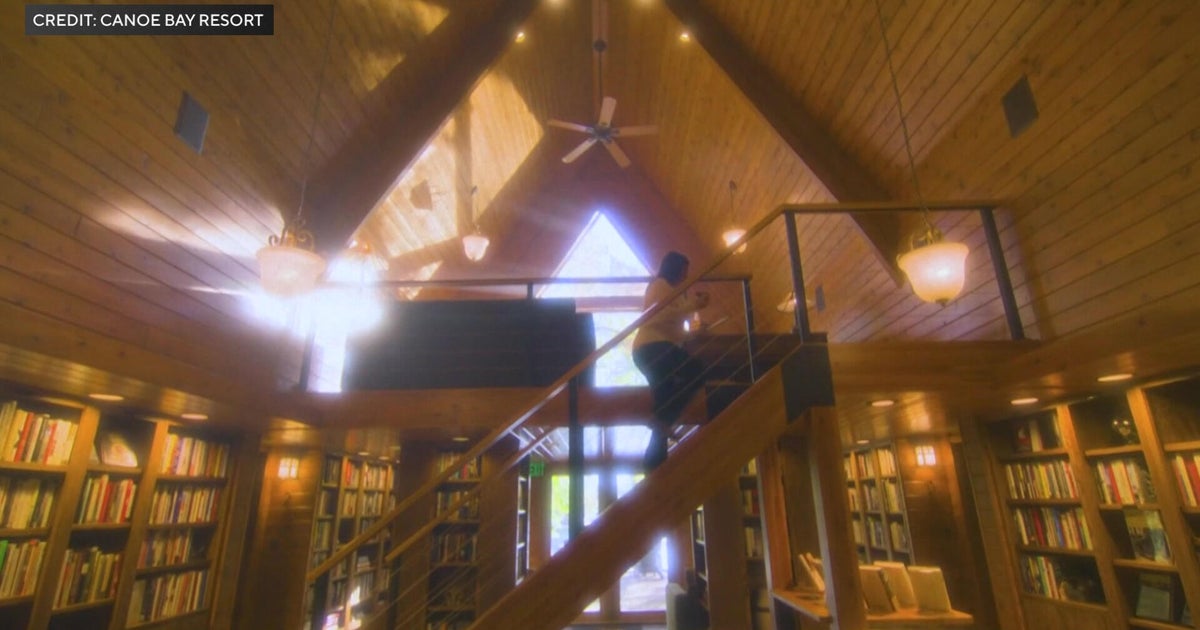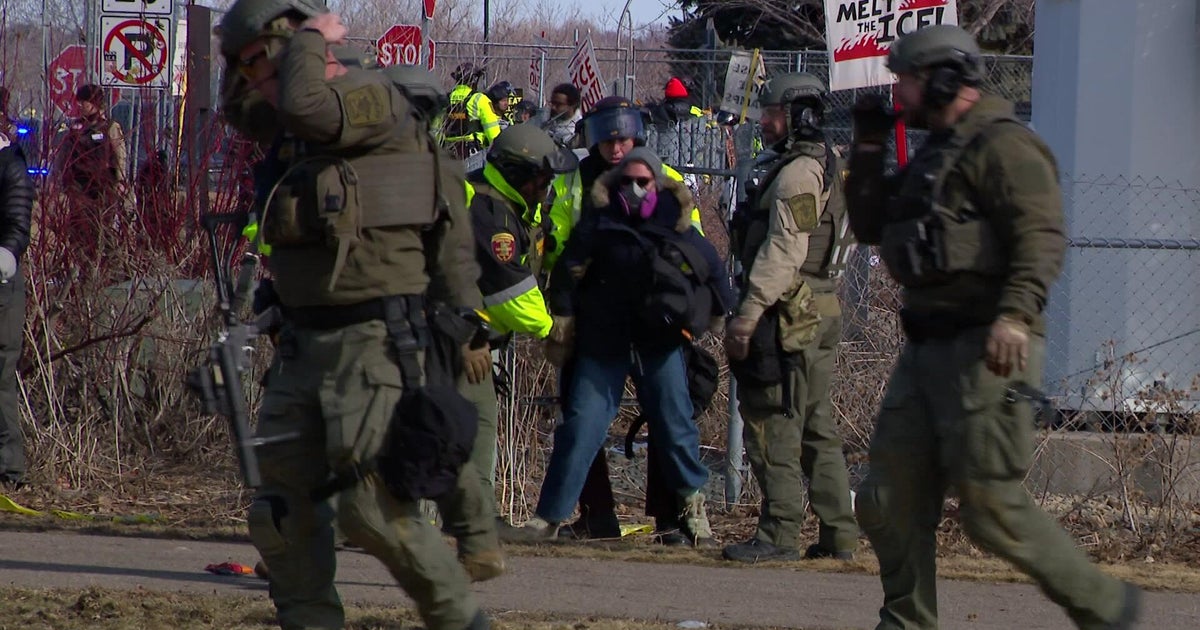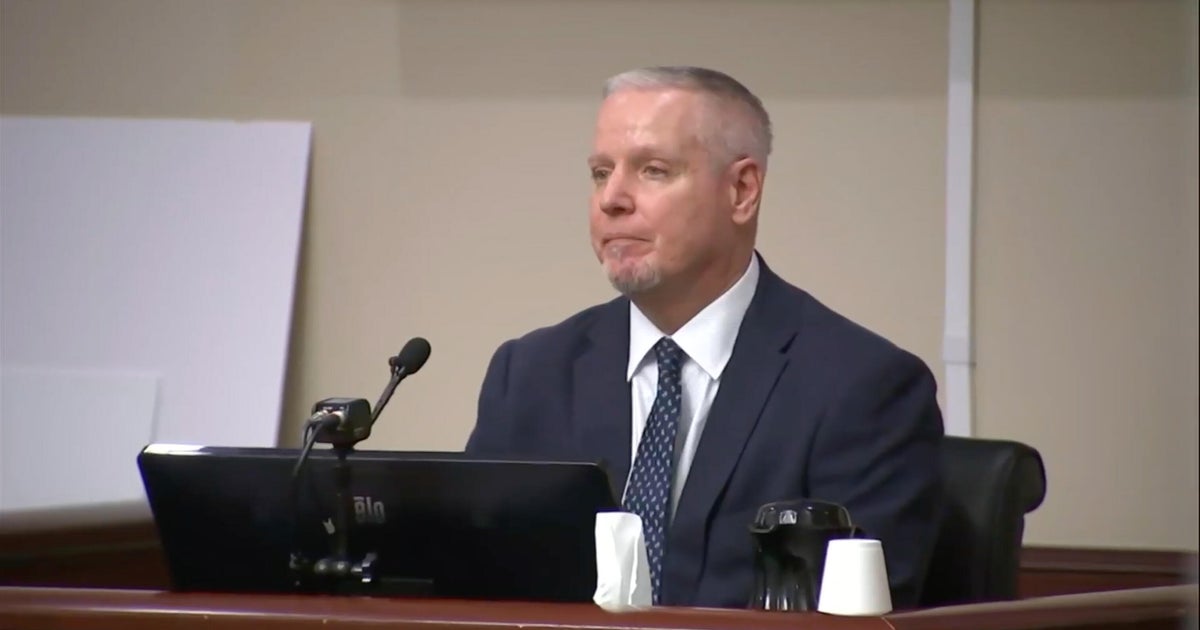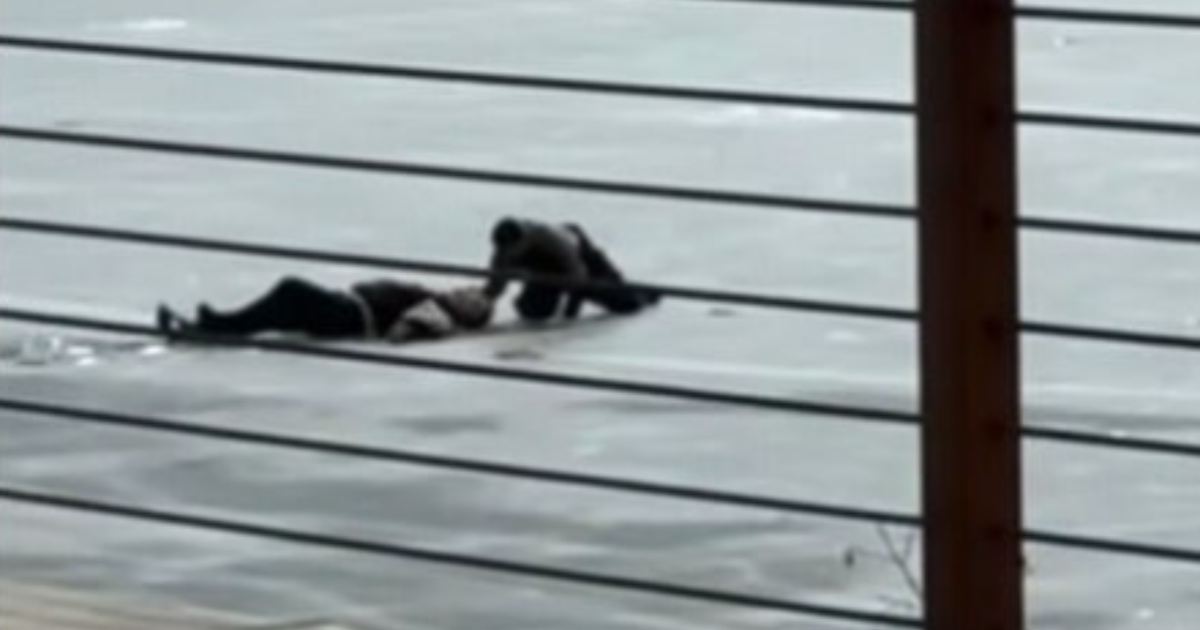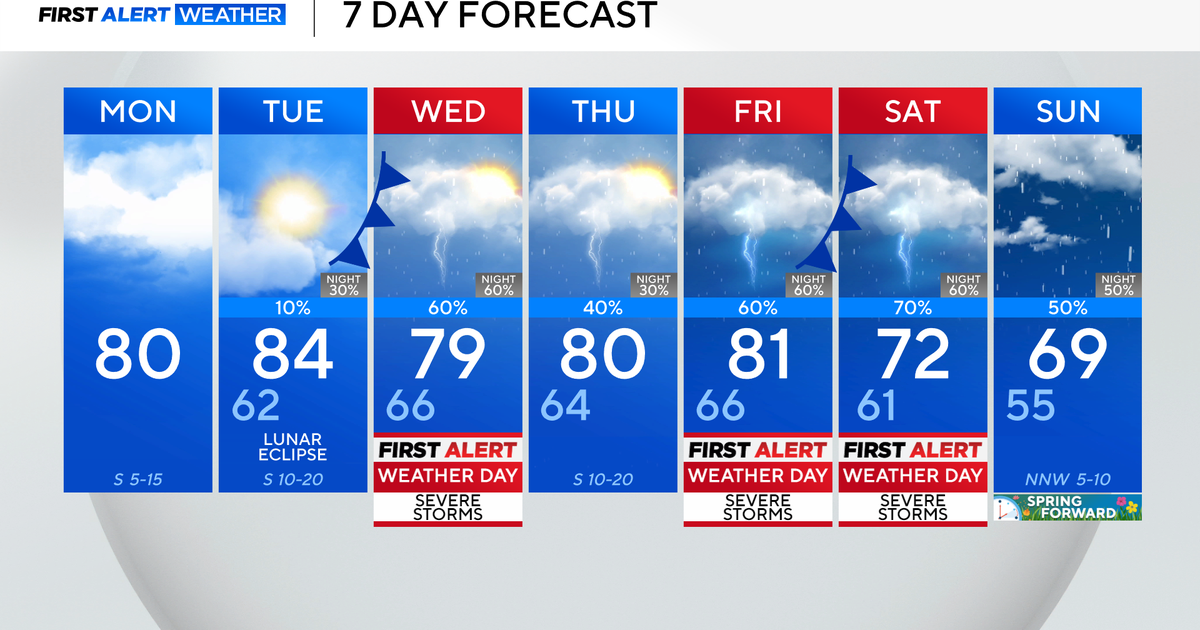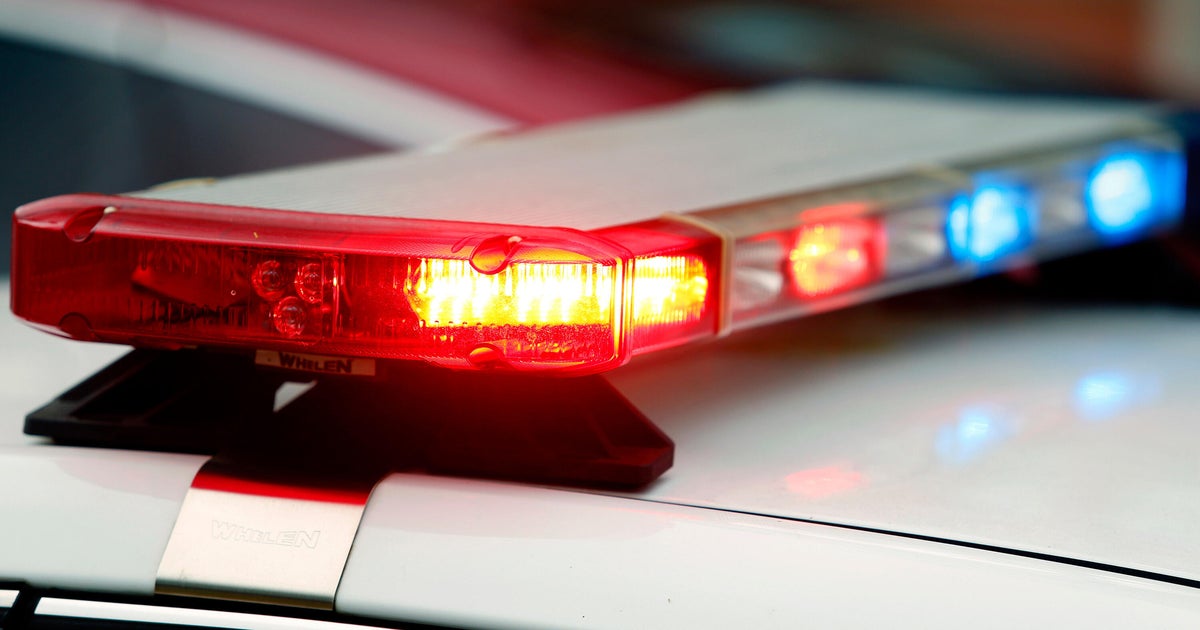BWCA Cell Phone Tower Lawsuit Heads To Trial
MINNEAPOLIS (AP) -- When campers in the remote Boundary Waters Canoe Area Wilderness look up on a clear night, they expect to see spectacular starry skies, the Milky Way, maybe even some meteors or the Northern Lights. They don't expect to see a flashing red light from the top of a cellphone tower.
That's why an environmental group is going to court Monday to try to block AT&T's plan to build a 450-foot tower near the edge of the pristine wilderness area on Minnesota's border with Ontario.
The Friends of the Boundary Waters Wilderness says the flashing lights would be visible from several lakes and waterways within the BWCA. It also says the tower would endanger birds ranging from eagles to warblers. The group says AT&T's own study shows the company could provide nearly as much coverage with a 199-foot tower, or two smaller towers, that wouldn't despoil the wilderness experience.
AT&T Mobility LLC counters that one tall tower would do the best job of extending cellphone service to residents and cabins east of the gateway town of Ely and allowing paddlers in remote areas to call for help in emergencies.
"We see this as a test case between nature and technology and how we're going to balance that," said Paul Danicic, executive director of Friends of the Boundary Waters Wilderness. He said it should be possible to both protect the wilderness and meet the needs of people who live on the edge of it.
However, the phone company says there's no good alternative to the 450-foot tower, and it's stressing the public safety advantages for BWCA visitors.
"If an emergency arises there, you may be forced to walk or paddle for hours just to get a signal and call for help -- in a situation where every minute is critical and where any delay could be fatal. Improved wireless coverage can eliminate those hours of delay ... (and) could literally make the difference between life and death," lawyers for AT&T wrote in a pretrial filing.
The BWCA covers more than 1 million acres in northeastern Minnesota, with more than 1,000 lakes gouged by long-ago glaciers and hundreds of miles of streams and rivers. Even before it was established by federal law in 1964, its wildness was a big part of its appeal for many people. Fierce battles have been fought to keep motors out, and on most lakes, the only sounds come from the dip of a canoe paddle or the eagles, moose, loons and other wildlife that help draw more than 250,000 visitors a year.
Cellphone coverage is available, if spotty, near Ely and a few other areas close to civilization but mostly unavailable elsewhere in the wilderness, and the U.S. Forest Service warns visitors not to rely on getting a signal.
The trial before Hennepin County District Judge Philip Bush is expected to last most of the week, with no deadline for a ruling. The case will hinge on whether the proposed tower would violate the Minnesota Environmental Rights Act (MERA), which lets citizens sue to protect to natural resources that are in danger of being impaired. Also at issue will be whether federal laws meant to encourage the expansion of wireless communications trump the state law.
In pretrial filings, lawyers for the Friends said the Minnesota Court of Appeals set a controlling precedent in 1990 when it blocked a 600-foot FM radio tower six miles outside the BWCA near Grand Marais that would have been visible from certain parts of the wilderness. AT&T's lawyers reject that, pointing instead to a 1997 Minnesota Supreme Court ruling they say clarified -- to the company's advantage -- how to determine when a project would violate MERA.
Because the case is being tried in state court, the outcome won't set a binding precedent for nature-versus-technology disputes in other states. But it could influence how other courts rule, said Jim Chen, dean of the Louis D. Brandeis School of Law at the University of Louisville, who's an expert on both telecommunications and environmental law. He said it's easy to envision other cases emerging over cellphone towers near parks or other wilderness and remote areas, given that wireless service can be the cheapest way to deliver communications in rural areas.
The proposed site is near Fall Lake in Lake County, a little over a mile outside the BWCA boundary. The tower would sit on a 150-foot-high ridge, lifting it about 600 feet over most of the surrounding landscape. Under Federal Aviation Administration regulations, it would need flashing lights around the clock. A shorter tower would not need lights nor guy wires that would pose a threat to birds. AT&T had already started construction preparations when Friends filed its lawsuit last June. AT&T agreed to suspend work while the case is pending.
Lake County officials support the tower to bring cellphone service to remote parts of the sparsely populated county.
Fall Lake Township Supervisor Mary Tome said residents along the Fernberg Road corridor east of Ely want the service, as do first responders in the area. Tome said she doubts many paddlers could even see the lights at night from their campsites, though they may see the tower in the distance as they canoe out of the BWCA on some lakes. She also said two communications towers in the Ely area are visible from small parts of the BWCA and have never drawn complaints.
Danicic said the lawsuit isn't meant to block better communications within the BWCA. But though the lawsuit doesn't claim that cellphones have no place in a wilderness area, it's a common sentiment among many BWCA visitors.
Postings are common on online canoe country bulletin boards from paddlers dismayed at the thought of ringtones echoing across the lakes. Many say they're willing to take the risks of not being able to phone for help in exchange for a purer wilderness experience.
Chen, who traveled in the BWCA back when he was a professor at the University of Minnesota Law School and hopes to do so again, is among those who prefer low-tech solitude.
"My own personal enjoyment of the Boundary Waters has always been without electricity, without high tech gear. I do prefer the backwoods approach. ... I would just as soon go back there without the intrusion of cellphones and other devices," Chen said.
(© Copyright 2011 The Associated Press. All Rights Reserved. This material may not be published, broadcast, rewritten or redistributed.)
